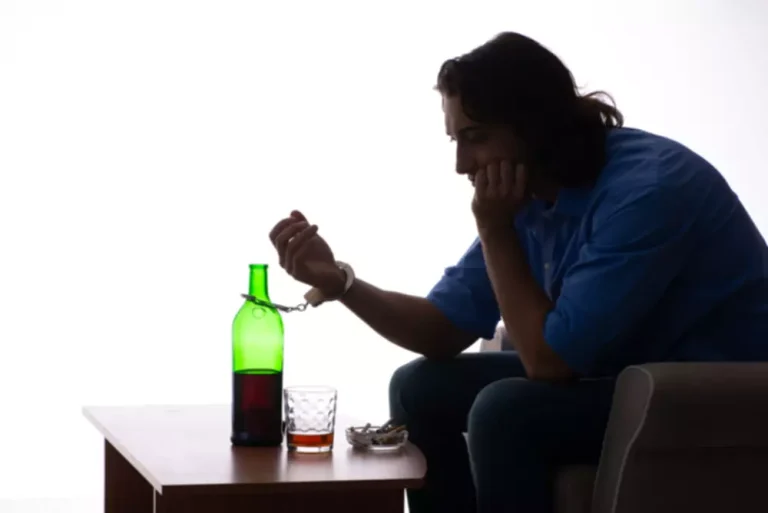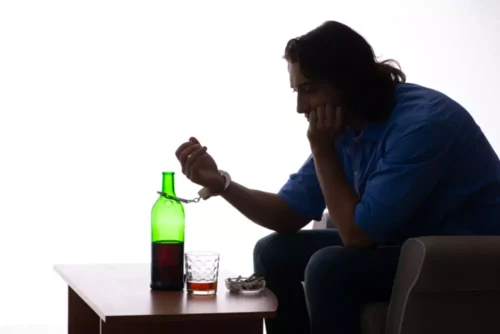
In fact my parish priest was an alcoholic and my father would have to go the the parish house at least half an hour prior to mass to make sure he was sober enough to take mass. A beautiful man he was too, our local priest but an active alcoholic. A person who was to become by therapist at the local treatment was at my first meeting and he later said that he felt I had a psychic change at that my first meeting. I had spent my life feeling not good enough, bad, l had that knawing feeling of less than, that hole in the sole. “The wounded healer” refers to us, who suffer greatly from shame, helping others via love, tolerance and understanding who also suffer greatly from shame. I was surprised to see that a guy I had drank with, from time to time in my local bar, was there and seemed to be in charge of the meeting.
Personal Relationships and Recovery
Unless, we let Go and Let God and ask God to remove these negative emotions/sins/defects of character we end up in a futile increasingly distressed spiral of negative emotions. So we have two main ailments, distressed based wanting which results in the same negative emotions as being in a shame- based fear of rejection. The other part is that this guy, if an alcoholic like me, has real difficulties accessing in his heart and mind how he actually “feels” at any particular time.
Do you have to believe in God to work the 12 Steps?
- Compassion evokes an interest in offering support, understanding, and kindness to others when they struggle, make mistakes, or fail.
- It can also lead to other problems, such as alcohol abuse or other addictions.
- But I do question the society-wide rise in diagnosis and the assumption in so many medical contexts that more screening, more testing, more diagnoses, and more treatment are always best.
Thoughts had long since become my enemy, creating tsunamis of emotions that overwhelmed me. The meeting began and we listened to a preamble and a man reading from a book. The thoughts eventually quietened enough for me to listen to other people speaking. While both AA and NA are recovery programs based on the Twelve Steps, AA primarily focuses on those struggling with alcohol addiction, while NA (Narcotics Anonymous) addresses drug addiction as a whole.
The Threefold Nature of AUD (According to AA)
The thoughts we have as alcoholics are often insidious in such a way that we can’t tell what is true or false.The AA Big Booktalks about this delusion we develop in active addiction. Thoughts like we can eventually manage our lives while in active addiction. Ongoing studies are examining the efficacy of various spiritual interventions in addiction treatment. For example, research is being conducted on the use of psychedelic-assisted therapy, which often includes spiritual elements, for treating heroin addiction addiction.

How To Work The 9th Step Effectively

The practice of compassion is a spiritual experience with a spillover benefit—compassion breeds more compassion. Scientific research provides evidence that the experience of compassion toward a single individual facilitates compassion toward others. Empirical data also demonstrates that our sense of compassion increases measurably when we can find commonality and connection with others.
- In AA, one of the main goals is to become sober and stay sober.
- As I would have had a resentment, it would have had a wolf pack of negative emotions attached.
- We can help others and be helped because we all know what it is like to feel the chronic, toxic shame the drives addictive behaviours.
- In these last few years only going to AA intermittently and nothing like as much as I used to, I have found I have increasingly been living in my head and less in my heart.
- A spiritual malady, then, reduces to a sense of otherness felt by many alcoholics that prevents them from feeling at peace with themselves and the world around them.
It doesn’t matter what your Higher Power is; what matters is that you believe in something that can help guide and support you on your journey to recovery. You should also try to find other people in AA who share your beliefs and struggles; they can provide support and fellowship as well as offer helpful advice. Just remember, even if you don’t share the same beliefs, everyone in AA are united by their shared experience with addiction and their desire to stay sober. Here are some things you can do to work through your spiritual malady even if you don’t believe in God or have an understanding of your higher power. Whenever you find yourself feeling irritable discontent bored with your life or depressed it is likely that you may have skipped meditation or prayer. In these situations, I feel further from God than normal and then I wonder who moved me or God and the answer is always me.

As the story progresses, more mention is made of initial problems with alcohol, such as job loss, marital conflict, or friends expressing concern over the speaker’s drinking. To do so requires me getting more spiritually and emotionally fit. In these last few years only going to AA intermittently and nothing like as much as I used to, I have found I have increasingly been living in my head and less in my heart. I have become quite obsessive if not addicted to researching addiction, however ironic this may sound. I took time out from AA to further my ideas into the neurobiology and neuromechanisms of addiction and I have now come up with theories of addiction which satisfy my understanding of addiction. I go to chapel but rarely see this type of transformation.
No, the 12 Steps of Alcoholics Anonymous are a spiritual program, not a religious spiritual malady explained one. Many AA members have achieved lasting sobriety by focusing on spiritual principles rather than specific beliefs. The effectiveness of the Twelve Steps is rooted in the transformational process they create when worked thoroughly. Recovered alcoholics describe a complete shift in how they respond to life, marked by freedom from addictive thinking and destructive behaviors. The twelve steps guide us through a process that not only addresses our substance use but also reshapes how we think, act, and connect with others.

As we move forward in our understanding of addiction and recovery, let us embrace approaches that address the whole person – mind, body, and spirit – offering the best chance for true healing and lasting change. They developed the 12-step program, which would become the foundation for numerous other addiction recovery groups and serve as a cornerstone of the spiritual model. Critics argue that the term “spiritual malady” might miss the scientific nuances of addiction, which include brain chemistry alterations and cognitive distortions. Also, the concept can be seen as judgmental, focusing too much on personal flaws and moral failings as root causes of addiction.
Am I Responsible For My Disease
(Many of you reading this can empathize.) I believe the tsunami of anxiety and depression are a kind of canary-in-the-coal-mine, an alarm. Page 62 says, “Above everything, we alcoholics must be rid of thisselfishness (“the ego”). We must, or it kills us! God makes that possible. And there often seems no way of entirely getting rid of self (ego) without God’s aid.” These name just a few of the symptoms of the “spiritual malady” that’s described throughout our text. But still in all, these are just symptoms of the “spiritual malady.”


